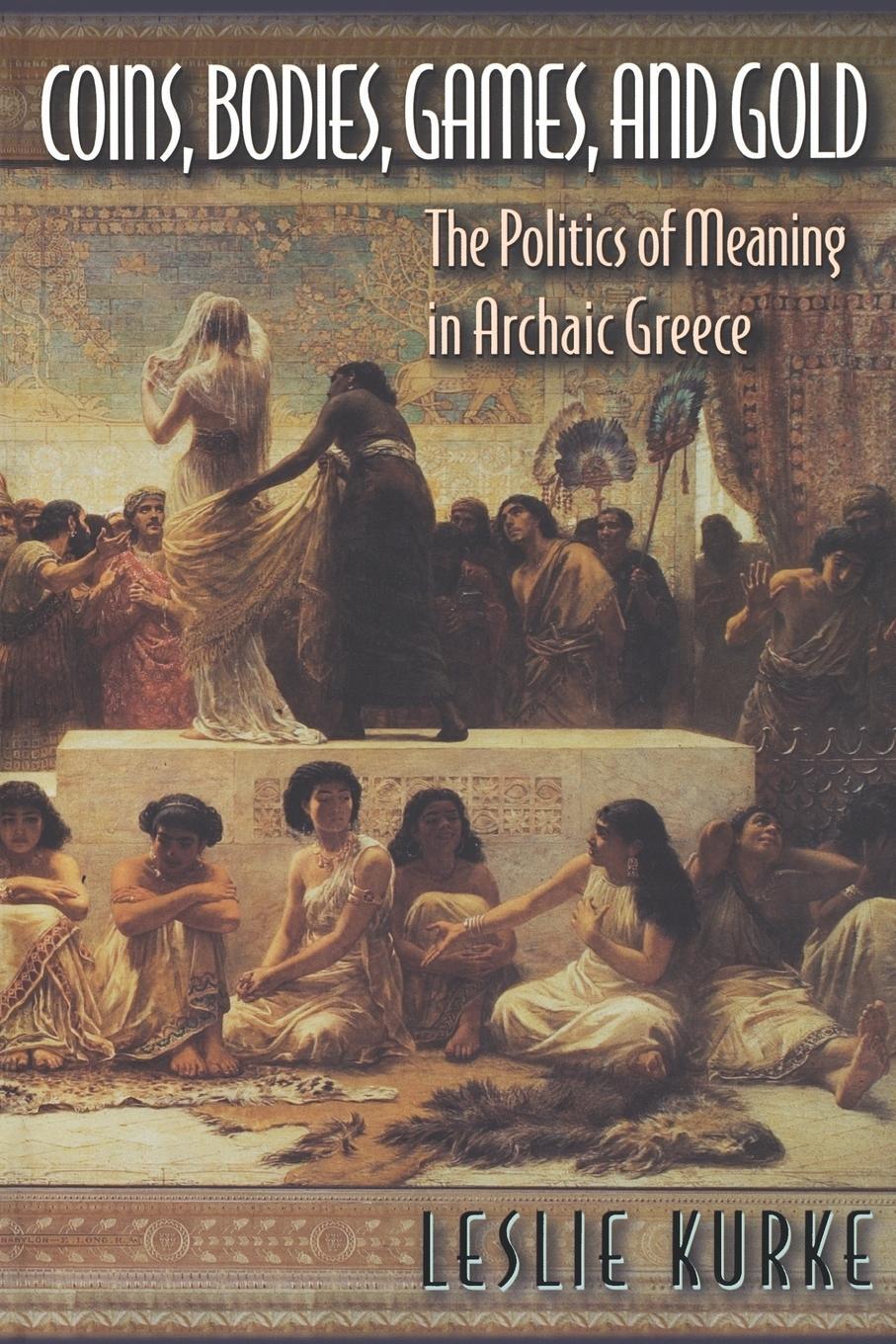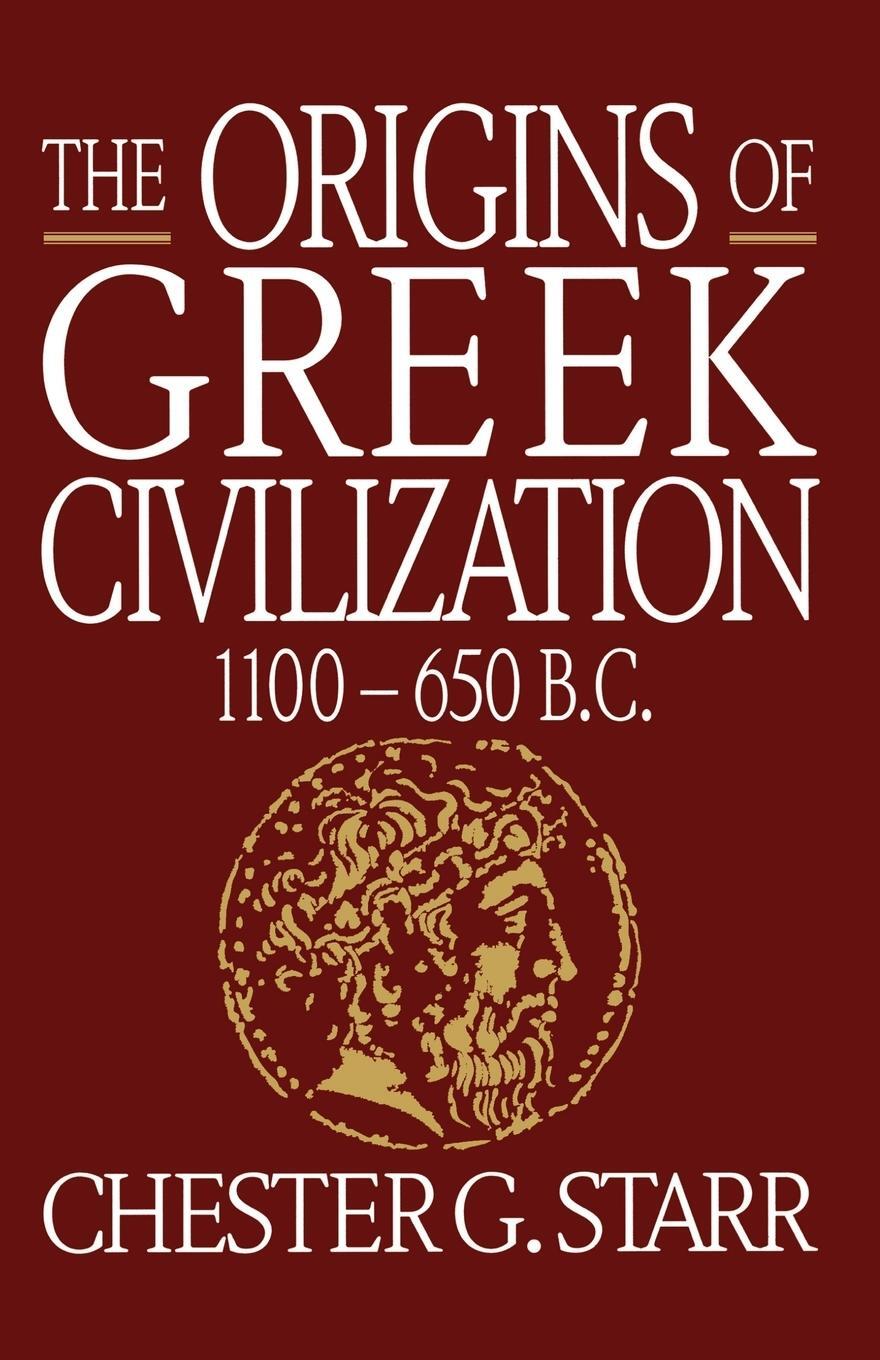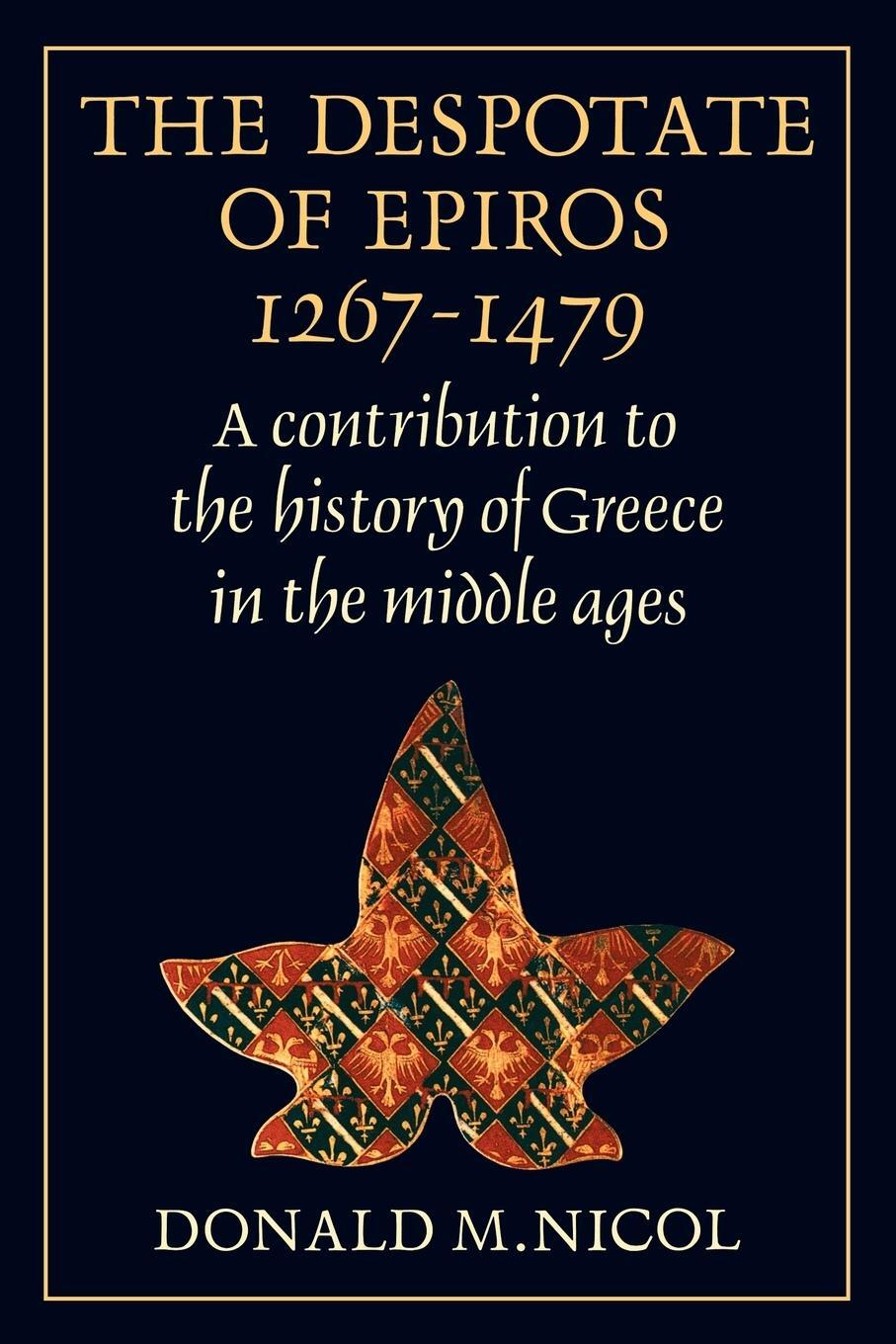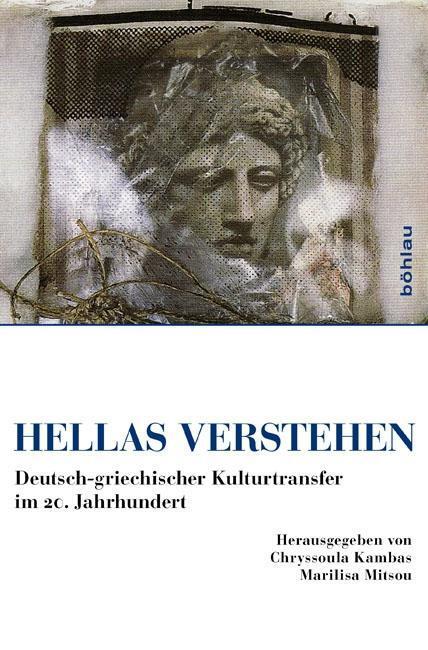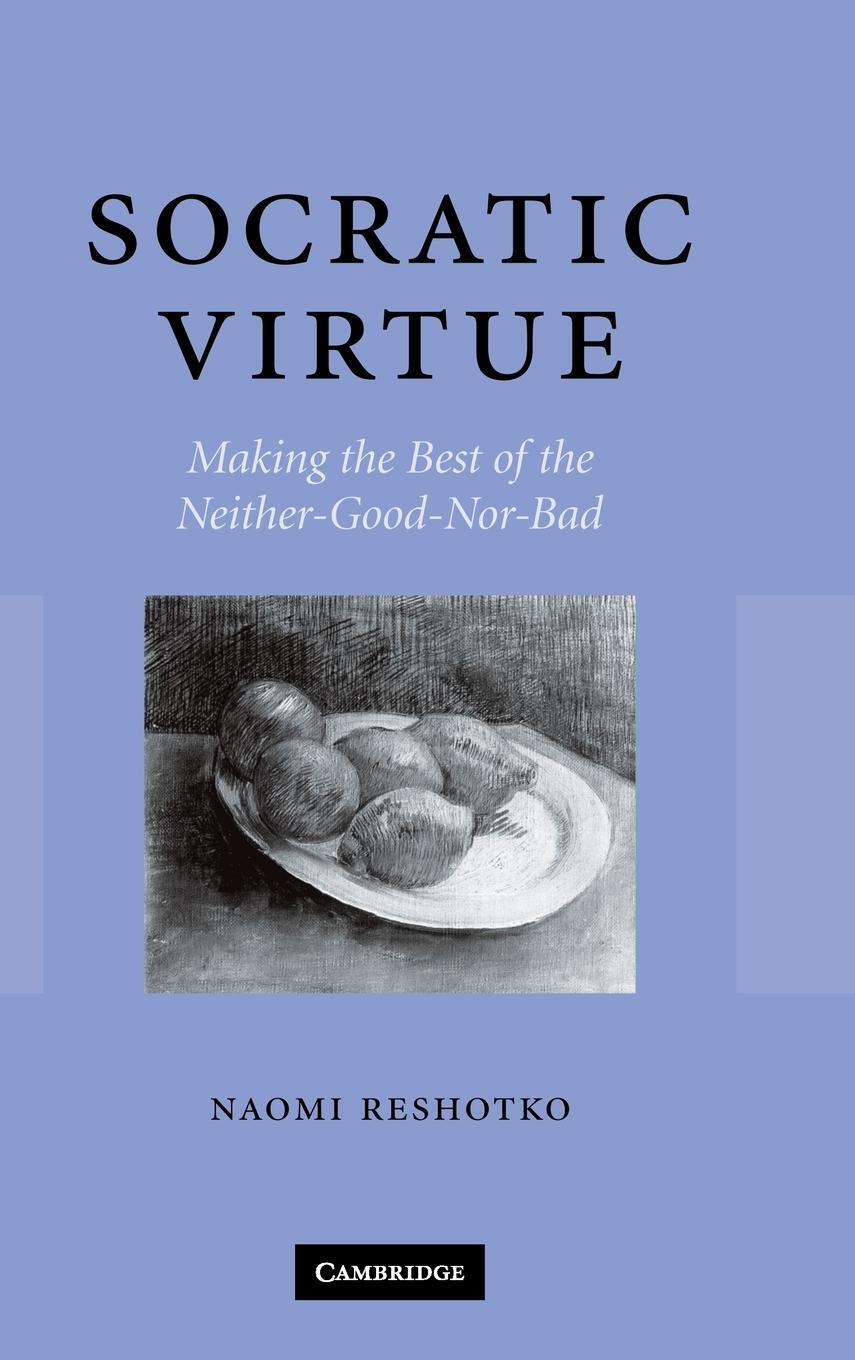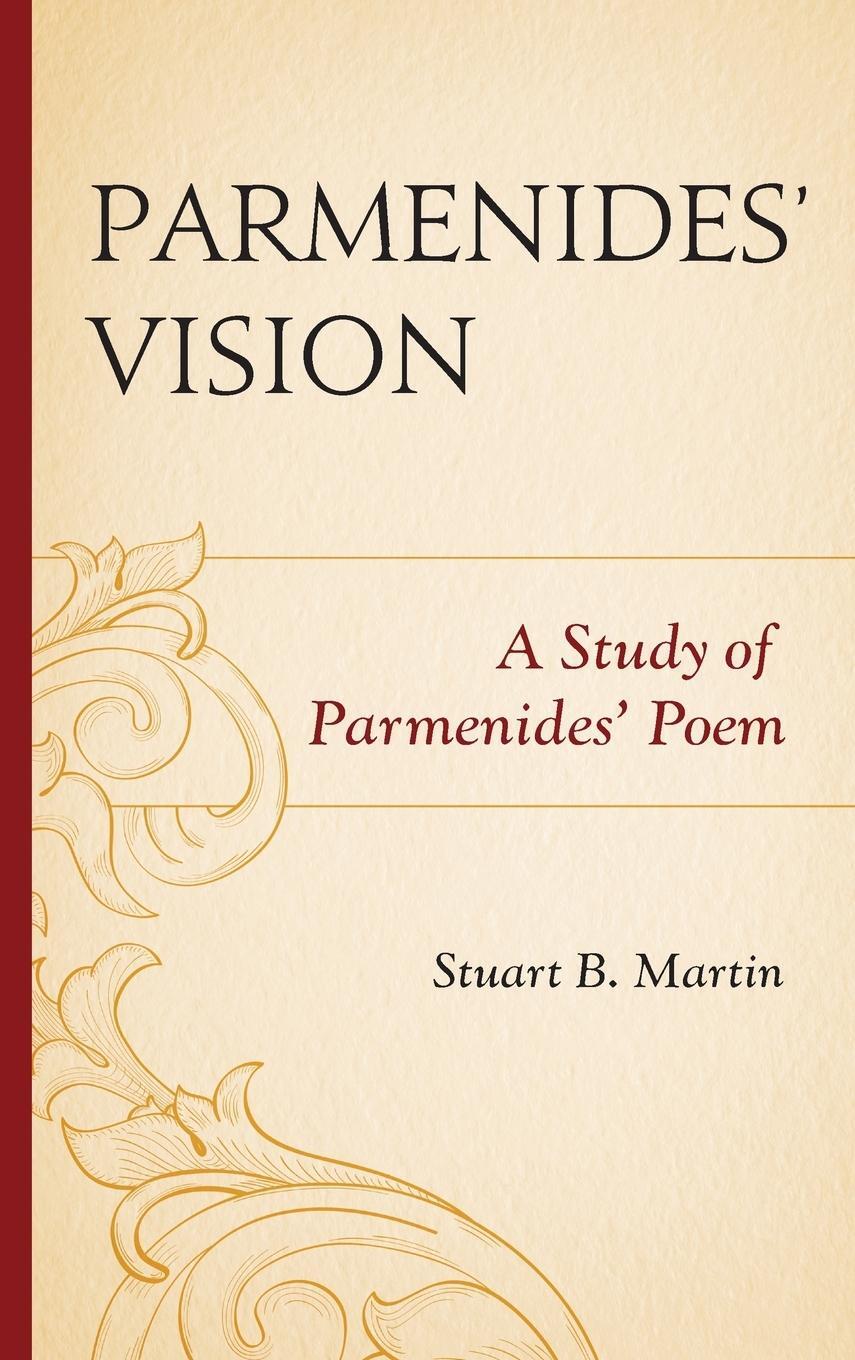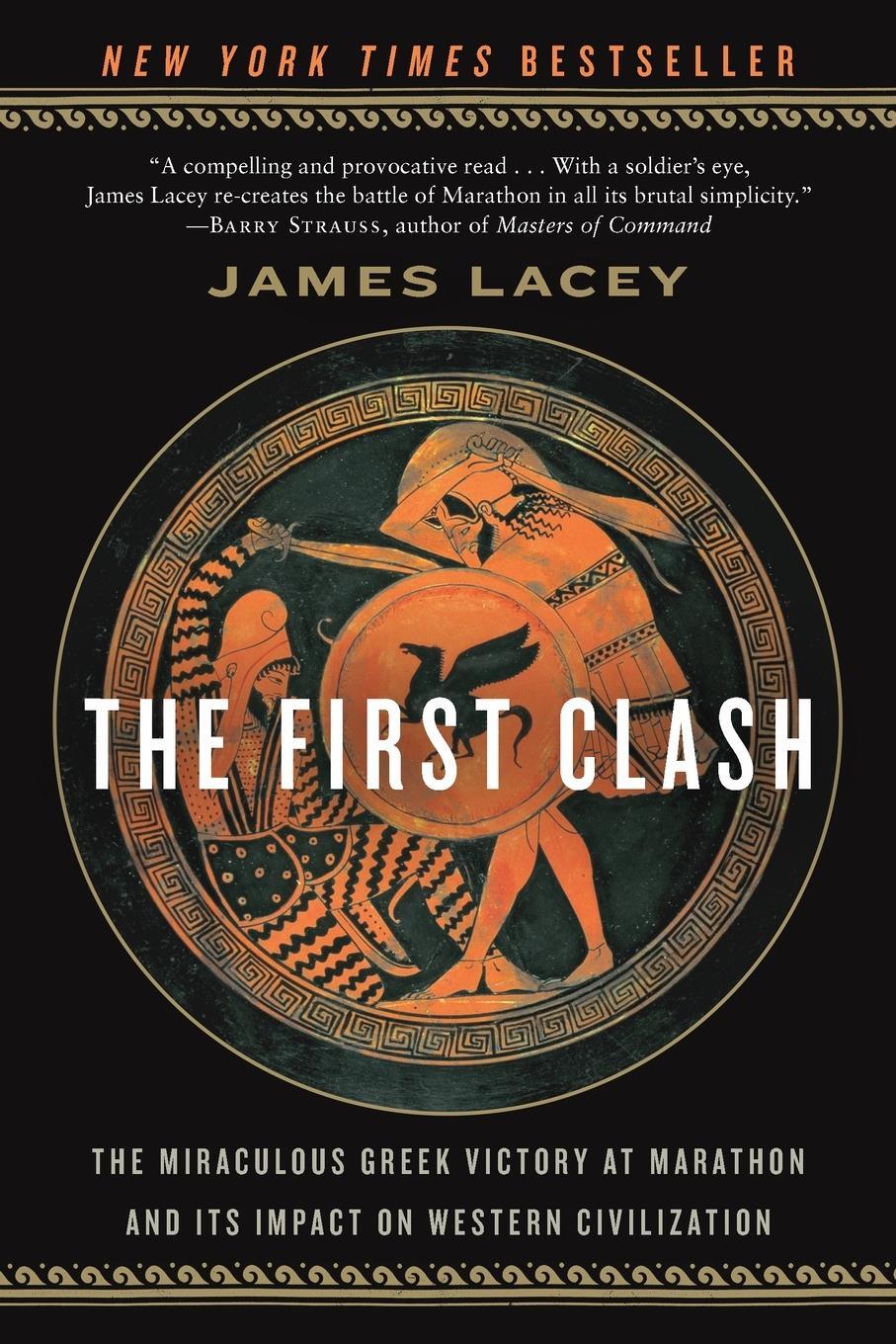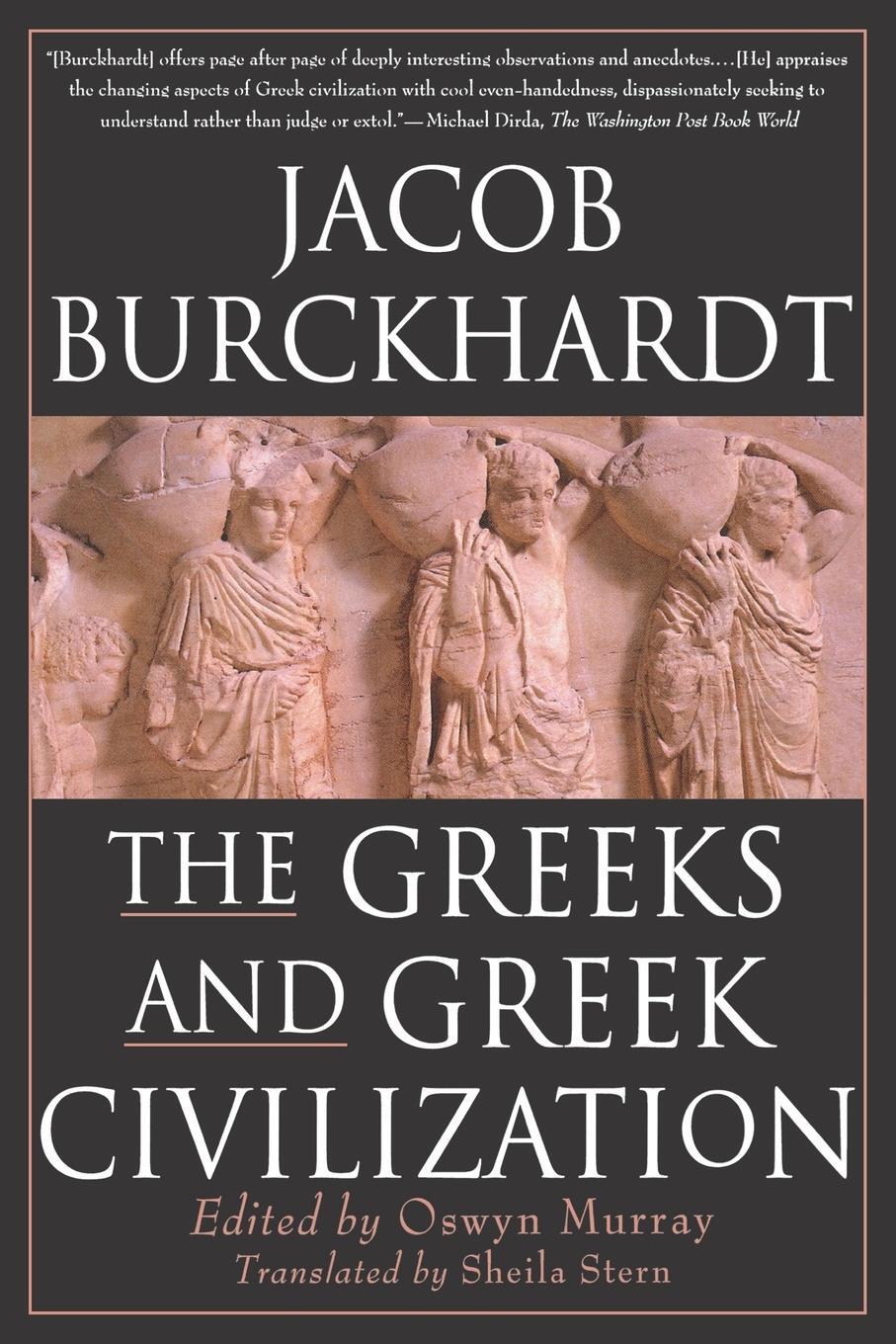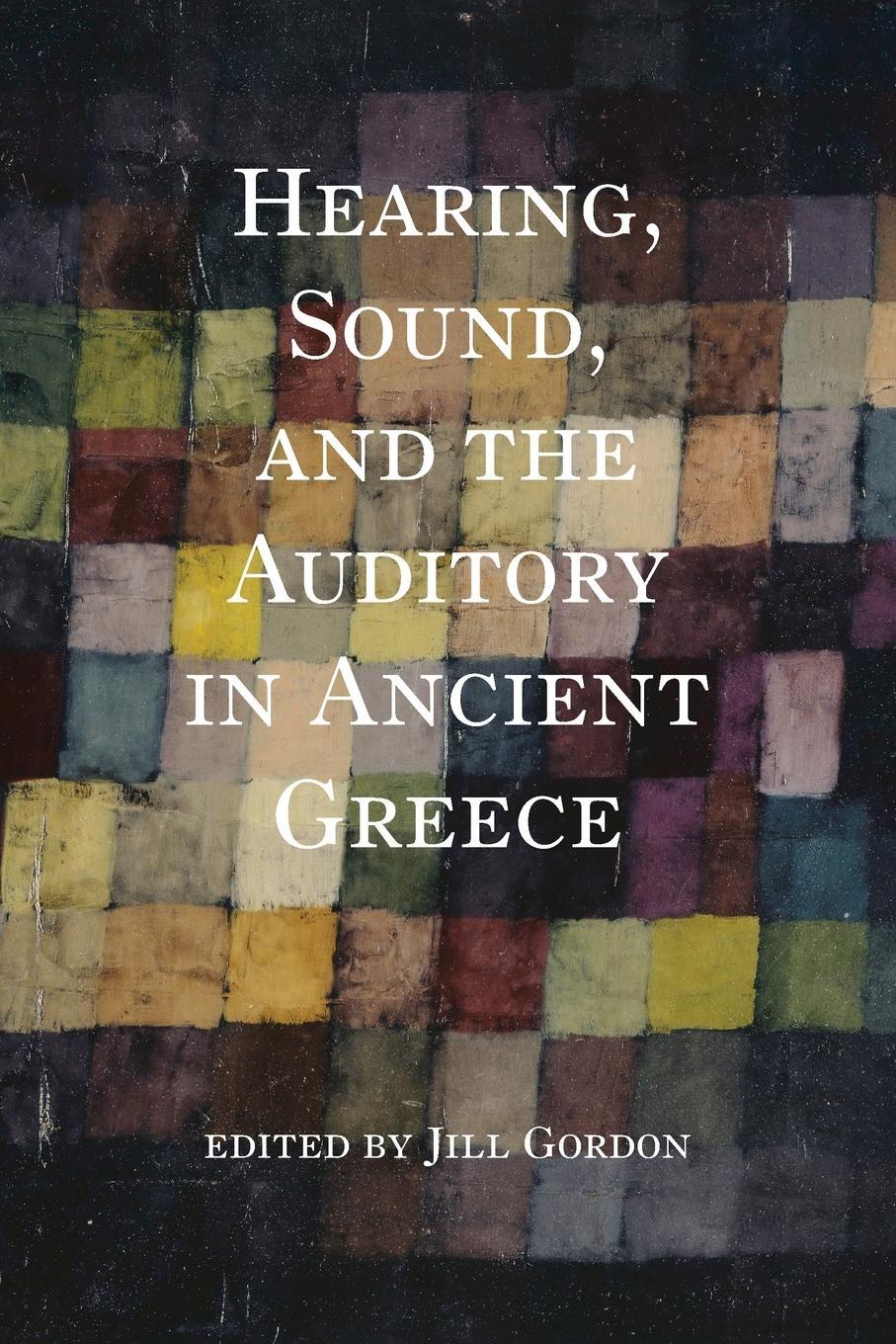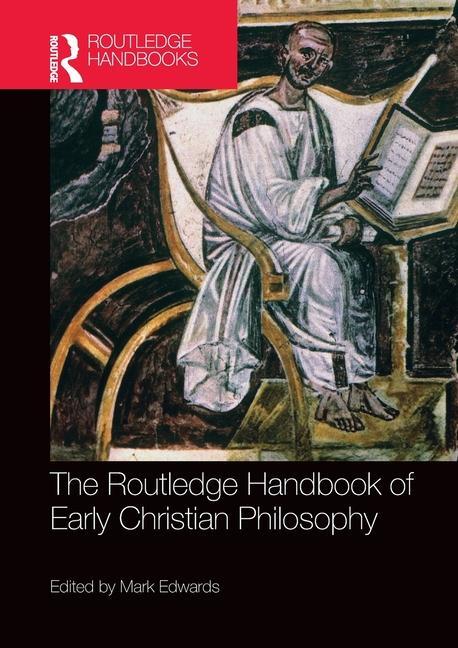Dekorationsartikel gehören nicht zum Leistungsumfang.
Sprache:
Englisch
70,95 €*
Versandkostenfrei per Post / DHL
Lieferzeit 4-7 Werktage
Kategorien:
Beschreibung
The invention of coinage in ancient Greece provided an arena in which rival political groups struggled to imprint their views on the world. Here Leslie Kurke analyzes the ideological functions of Greek coinage as one of a number of symbolic practices that arise for the first time in the archaic period. By linking the imagery of metals and coinage to stories about oracles, prostitutes, Eastern tyrants, counterfeiting, retail trade, and games, she traces the rising egalitarian ideology of the polis, as well as the ongoing resistance of an elitist tradition to that development. The argument thus aims to contribute to a Greek "history of ideologies," to chart the ways ideological contestation works through concrete discourses and practices long before the emergence of explicit political theory.
To an elitist sensibility, the use of almost pure silver stamped with the state's emblem was a suspicious alternative to the para-political order of gift exchange. It ultimately represented the undesirable encroachment of the public sphere of the egalitarian polis. Kurke re-creates a "language of metals" by analyzing the stories and practices associated with coinage in texts ranging from Herodotus and archaic poetry to Aristotle and Attic inscriptions. She shows that a wide variety of imagery and terms fall into two opposing symbolic domains: the city, representing egalitarian order, and the elite symposium, a kind of anti-city. Exploring the tensions between these domains, Kurke excavates a neglected portion of the Greek cultural "imaginary" in all its specificity and strangeness.
To an elitist sensibility, the use of almost pure silver stamped with the state's emblem was a suspicious alternative to the para-political order of gift exchange. It ultimately represented the undesirable encroachment of the public sphere of the egalitarian polis. Kurke re-creates a "language of metals" by analyzing the stories and practices associated with coinage in texts ranging from Herodotus and archaic poetry to Aristotle and Attic inscriptions. She shows that a wide variety of imagery and terms fall into two opposing symbolic domains: the city, representing egalitarian order, and the elite symposium, a kind of anti-city. Exploring the tensions between these domains, Kurke excavates a neglected portion of the Greek cultural "imaginary" in all its specificity and strangeness.
The invention of coinage in ancient Greece provided an arena in which rival political groups struggled to imprint their views on the world. Here Leslie Kurke analyzes the ideological functions of Greek coinage as one of a number of symbolic practices that arise for the first time in the archaic period. By linking the imagery of metals and coinage to stories about oracles, prostitutes, Eastern tyrants, counterfeiting, retail trade, and games, she traces the rising egalitarian ideology of the polis, as well as the ongoing resistance of an elitist tradition to that development. The argument thus aims to contribute to a Greek "history of ideologies," to chart the ways ideological contestation works through concrete discourses and practices long before the emergence of explicit political theory.
To an elitist sensibility, the use of almost pure silver stamped with the state's emblem was a suspicious alternative to the para-political order of gift exchange. It ultimately represented the undesirable encroachment of the public sphere of the egalitarian polis. Kurke re-creates a "language of metals" by analyzing the stories and practices associated with coinage in texts ranging from Herodotus and archaic poetry to Aristotle and Attic inscriptions. She shows that a wide variety of imagery and terms fall into two opposing symbolic domains: the city, representing egalitarian order, and the elite symposium, a kind of anti-city. Exploring the tensions between these domains, Kurke excavates a neglected portion of the Greek cultural "imaginary" in all its specificity and strangeness.
To an elitist sensibility, the use of almost pure silver stamped with the state's emblem was a suspicious alternative to the para-political order of gift exchange. It ultimately represented the undesirable encroachment of the public sphere of the egalitarian polis. Kurke re-creates a "language of metals" by analyzing the stories and practices associated with coinage in texts ranging from Herodotus and archaic poetry to Aristotle and Attic inscriptions. She shows that a wide variety of imagery and terms fall into two opposing symbolic domains: the city, representing egalitarian order, and the elite symposium, a kind of anti-city. Exploring the tensions between these domains, Kurke excavates a neglected portion of the Greek cultural "imaginary" in all its specificity and strangeness.
Über den Autor
Leslie Kurke is Professor of Classics and Comparative Literature at the University of California, Berkeley. She is the author of The Traffic in Praise: Pindar and the Poetics of Social Economy and the co-editor, with Carol Dougherty, of Cultural Poetics in Archaic Greece: Cult, Performance, Politics.
Details
| Erscheinungsjahr: | 1999 |
|---|---|
| Fachbereich: | Regionalgeschichte |
| Genre: | Geschichte |
| Rubrik: | Geisteswissenschaften |
| Medium: | Taschenbuch |
| Seiten: | 408 |
| ISBN-13: | 9780691007366 |
| ISBN-10: | 0691007365 |
| Sprache: | Englisch |
| Ausstattung / Beilage: | Paperback |
| Einband: | Kartoniert / Broschiert |
| Autor: | Kurke, Leslie |
| Hersteller: | Princeton University Press |
| Maße: | 229 x 152 x 25 mm |
| Von/Mit: | Leslie Kurke |
| Erscheinungsdatum: | 29.08.1999 |
| Gewicht: | 0,66 kg |
Über den Autor
Leslie Kurke is Professor of Classics and Comparative Literature at the University of California, Berkeley. She is the author of The Traffic in Praise: Pindar and the Poetics of Social Economy and the co-editor, with Carol Dougherty, of Cultural Poetics in Archaic Greece: Cult, Performance, Politics.
Details
| Erscheinungsjahr: | 1999 |
|---|---|
| Fachbereich: | Regionalgeschichte |
| Genre: | Geschichte |
| Rubrik: | Geisteswissenschaften |
| Medium: | Taschenbuch |
| Seiten: | 408 |
| ISBN-13: | 9780691007366 |
| ISBN-10: | 0691007365 |
| Sprache: | Englisch |
| Ausstattung / Beilage: | Paperback |
| Einband: | Kartoniert / Broschiert |
| Autor: | Kurke, Leslie |
| Hersteller: | Princeton University Press |
| Maße: | 229 x 152 x 25 mm |
| Von/Mit: | Leslie Kurke |
| Erscheinungsdatum: | 29.08.1999 |
| Gewicht: | 0,66 kg |
Warnhinweis

